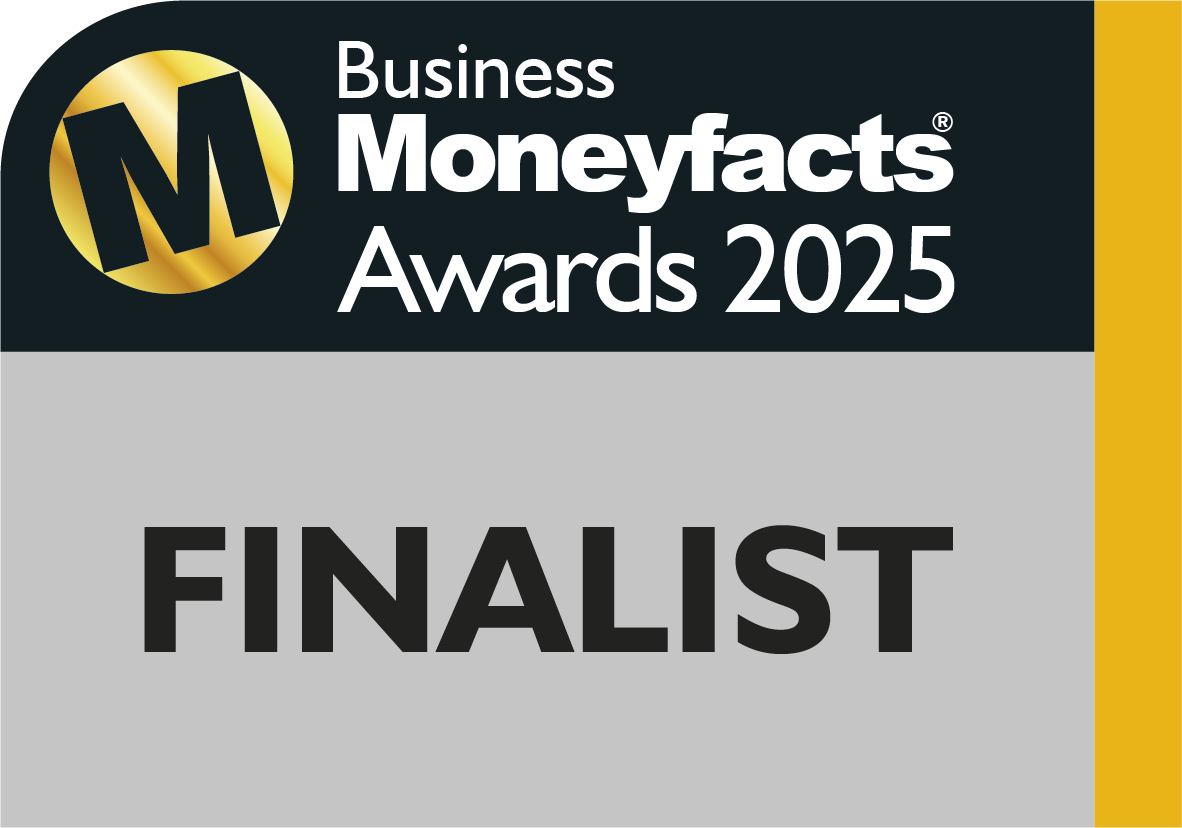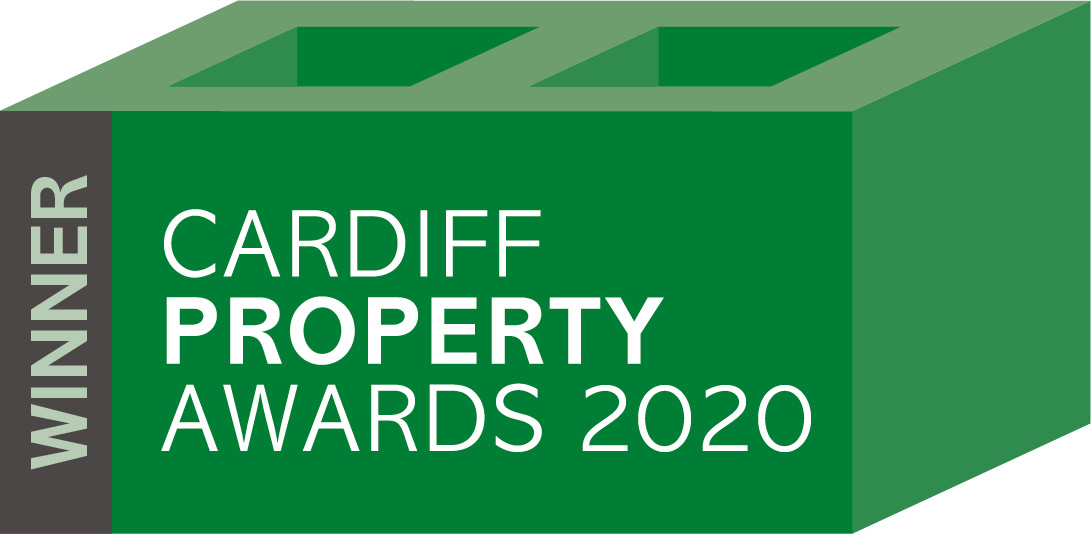October 28th, 2014.
Top Tips for Kickstarting a Property Development Career
“Sometimes taking a first step is the biggest and most important journey of them all.” These words from author Darlene Craviotto ring especially true when it comes to launching a career in property development.

And so this blog post will give you exactly that: a starting point for kickstarting your property development career.

It All Starts With A S.M.A.R.T Plan
Even though it’s a cliché, it still bears repeating; failing to plan is planning to fail. And your career as a property developer begins with you writing down a detailed plan of what you hope to achieve and when you hope to achieve it by. The SMART acronym will help you make sure that your plan is Specific, Measurable, Achievable, Realistic and Time-based.
Don’t worry about writing a perfect plan, as you can always change it later. Instead, just focus on getting down the details of what you want and how you think you can achieve this right now.
What’s Your Exit Strategy?
At the core of your business plan will be the key decision over whether you will buy-to-let or buy-to-sell. This decision is your exit strategy for evaluating each potential property investment. And the differentiator between the two choices is long-term versus short-term strategy.
Buy-to-lets serve the long-term strategy of building up a property portfolio whose revenue can eventually even replace that of your current salary…or at the very least supplement it. The thing to bear in mind though is that HMRC considers rental income from buy-to-lets as a salary. And if your tax classification is deemed to be ‘higher class’, then you could face a whopping 40% income tax on any earnings.
By contrast, buy-to-sells serve the short-term strategy of quickly increasing your capital. But whilst this can provide you a more instant return on your investment, this strategy is quite risky, being heavily dependent on the condition of the market. On the plus side though, income from sales is subject to capital gains tax which is between 18% and 28% dependent on income…and comes with an annual exemption of £10,900.
Don’t Forget The ROI
Whether you’re renting or selling properties, you need to ensure that you get a good return on your investment. The ROI on a rental property is called the ‘rental yield’, and you should aim for a gross yield of 10%. For a buy-to-sell property, you want a minimum return of 30%.
But far bigger than these specific figures is the mindset you need to develop of always considering the return on investment for every property you consider.
Show Me The Money
Whilst there are numerous other tips such as “location, location, location” or “buy low, sell high”, they all depend greatly on the strength of your property development finance resources. Because without money there is no deal. And so once you’ve got the bare bones of your S.M.A.R.T business plan, make sure you consult with a trusted financial advisor who can walk you through the different finance options…and help you launch a stellar career in property development.






